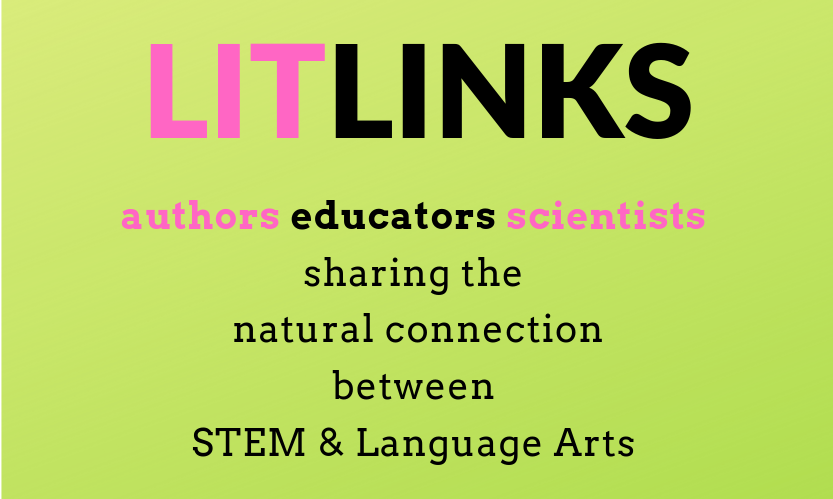
GUEST BLOGGER ANITA SANCHEZ

Verbs do the heavy lifting
The hardest kind of writing is to write short. Hello, Puddle is the shortest book I’ve ever written, but it was also the most challenging. So the verbs I chose had a lot of work to do.
This nonfiction picture book is set in the simplest of settings, a backyard mud puddle—a little bit of nature that most kids are familiar with, but that usually goes unnoticed. The goal of my book is to help children appreciate the amazing variety of wildlife that use this tiny habitat. Mud puddles are magnets for wildlife from snails to turtles to bugs to birds, all of whom use the puddle for food, water, or shelter.
In order to engage the youngest readers, I wanted to use as few words as possible to describe the action, so the main text on each page is only a few words. Sometimes it’s two words. Noun, verb. That’s it. Other pages have two verbs that help each other—like scratch and dig, or splish and splash.
For older students, there is also supplementary text explaining the wildlife science in more detail.
Verbs are “doing” words (grades pre-K through 1)
Introduce your students to the idea of verbs—words that are about doing things. Verbs describe action, and often (not always) your students can act out what they mean. If you say the verb “hop,” for example, they can hop. Have the students practice acting out action words, like bend, blink, or stretch. (Avoid verbs that are too active!)
Then read the text of Hello Puddle, asking students to raise their hand each time they hear a verb. As you read, share the illustrations by Colombian artist Luisa Uribe. Have students point out places where the animals mentioned in the text are doing the action the verb describes. Look for the butterflies feasting, the deer sipping, and the robin splashing.
Then read the text again, and have students act out the verbs—allow some room to move! Students can use their imaginations as they scoop mud like a mud-dauber wasp, or loop-the-loop like the swallows.
Choosing the right Word (grades 1 through 3)
It took a lot of thought to select just the right verb for each animal. I spent the most time pondering a word to describe exactly how ducks feed in a puddle. Ducklings eat was my first thought, but that wasn’t specific enough. Mallards and other species of ducks known as dabbling ducks use their beaks like strainers. They take a gulp of water but don’t swallow it—they sort of chew it with their beaks, which squirts out the extra water and leaves the tiny plants and bugs which they use for food. And ducklings, with their tiny beaks, take little, delicate sips of water. Ducklings munch? Ducklings slurp? I finally settled on nibble.
Ask your students to think of verbs that can describe an action with one word instead of many. How else could they say “He ran very fast?” (He sped, he raced, he zoomed.) How else to say “She ate a lot of food in a short time?” (She gobbled, she stuffed.)
Finging verbs in nature
Go outdoors into the schoolyard, playground, or a nearby park. Each time you spot a plant or animal, say the noun and ask students to come up with one verb that describes what the organism is doing. You don’t need to identify the creature or plant precisely—general terms like leaf, bug, or bird are fine. Here are some possibilities created by one class of first-graders:
Leaves rustle, wiggle, shine
Bug buzzes, zooms, bugs me!
Bird flies, flaps, runs away (some actions need two or three words, like loop-the-loop.)
The BEST words
Ask students to count the number of words in the main text of Hello, Puddle (not including the supplemental text in smaller print.) It’s not a big number—it only takes a few words to write a book. But it’s hard to choose which ones!
Featured image credit: Brian Henderson
As a science writer, Anita Sanchez is especially fascinated by plants and animals that no one loves. Her books are intended to get kids excited about science and the wonders of the natural world. Many years of field work and teaching outdoor classes have given her firsthand experience in introducing students to the terrors and joys of nature. She is the award-winning author of many books on environmental science for children and adults. Her most recent book is Hello, Puddle, a picture book about backyard habitat. She is currently working on Monkey Business: The Battle Over Evolution in the Classroom, a middle-grade nonfiction book for Clarion Books, due in fall 2022. Find out more at www.anitasanchez.com.


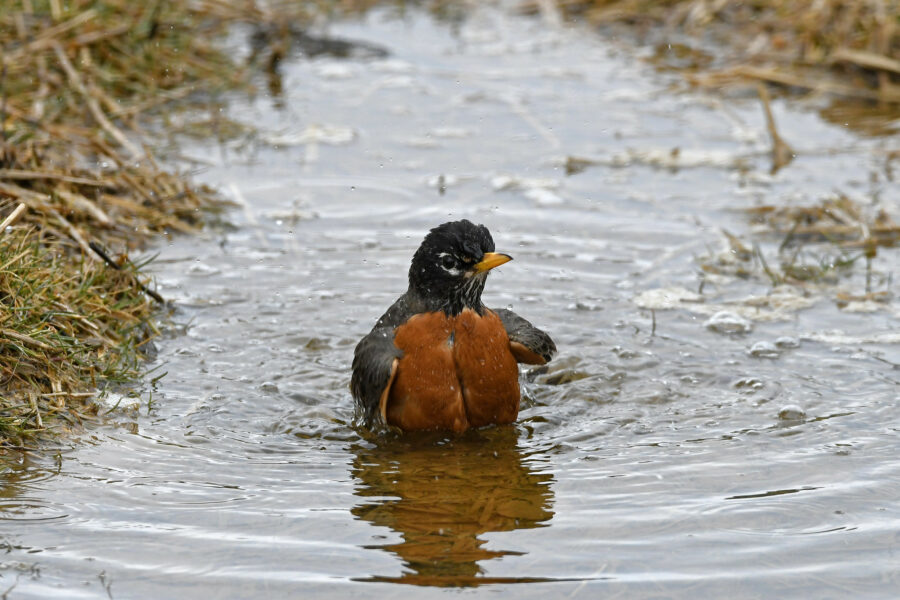
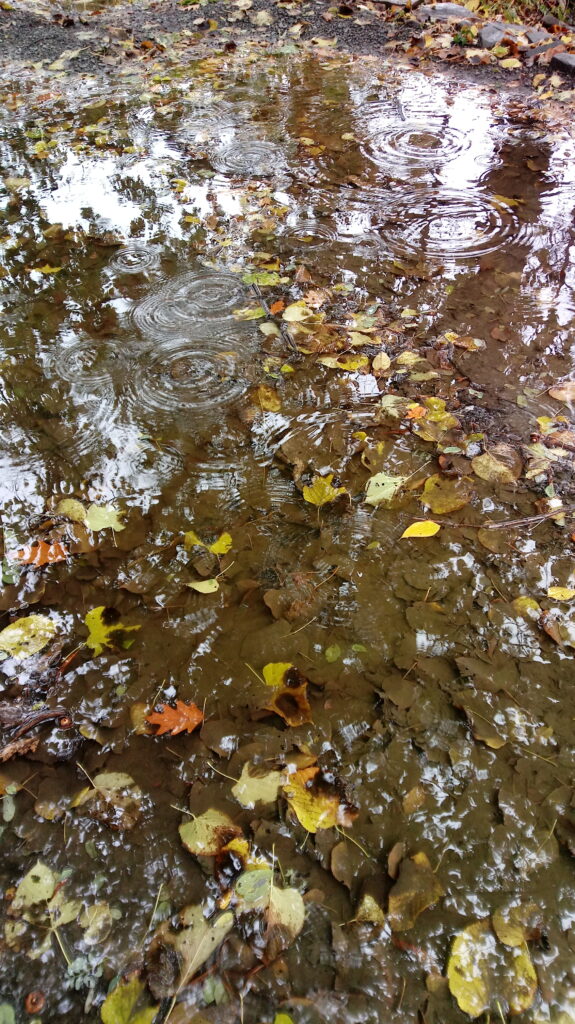
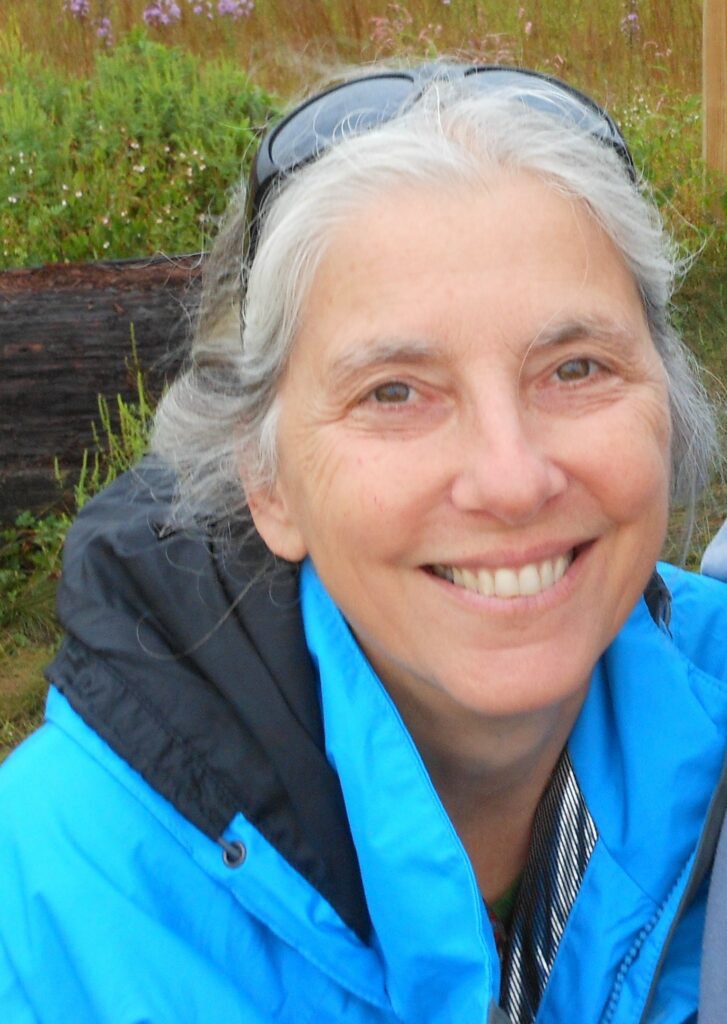
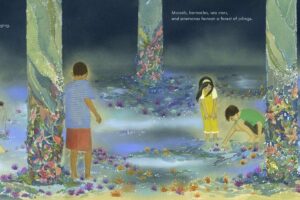
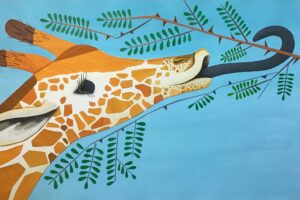

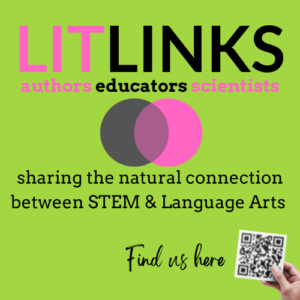
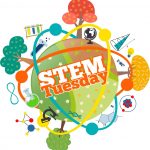
Leave a Reply
Your email is safe with me.